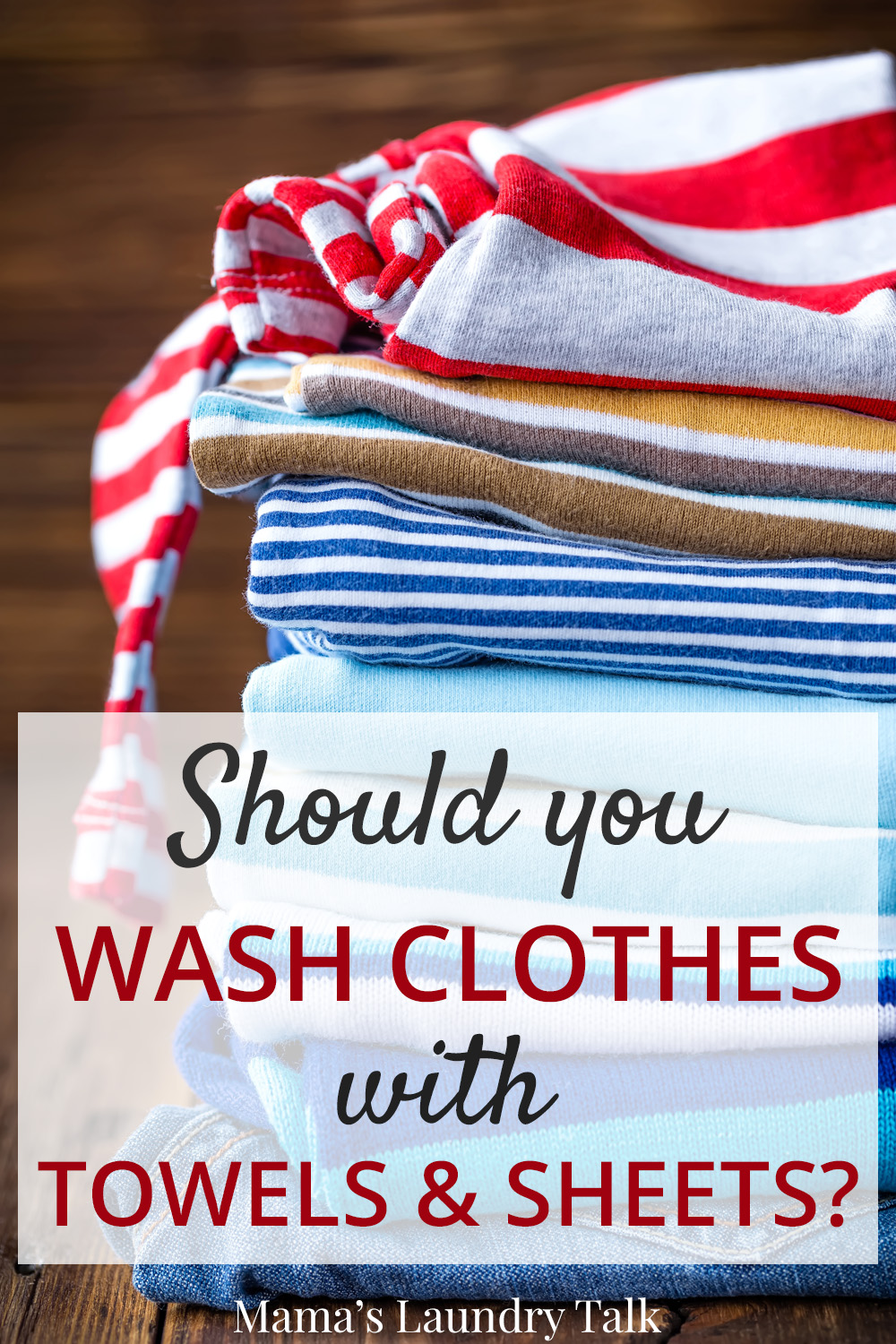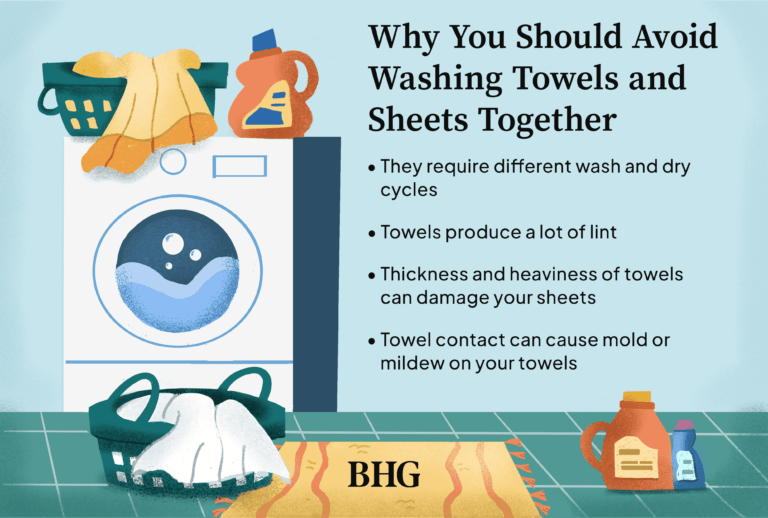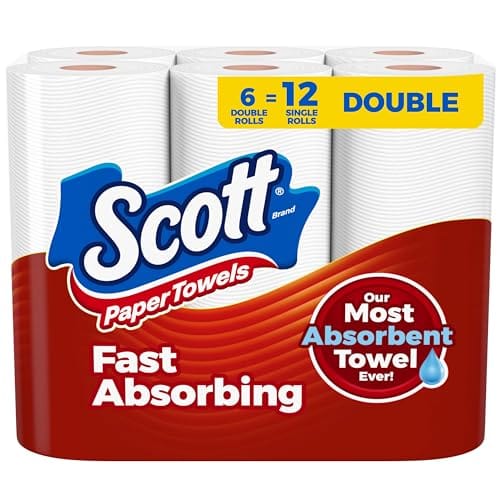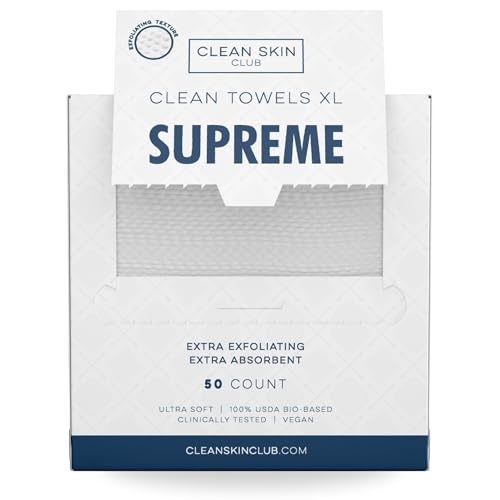You can wash towels with clothes, but it is not recommended. Towels can damage delicate fabrics and cause color bleeding.
Towels and clothes have different washing needs. Towels often require a higher temperature and longer washing cycle to remove bacteria and grime. Clothes, especially delicate ones, may get damaged or lose color when washed with towels. Washing them together can also lead to lint transfer from towels to clothes.
To maintain the longevity and quality of both towels and clothes, it is best to wash them separately. This practice helps in keeping fabrics in good condition and prevents unwanted damage. By following this guideline, you ensure your laundry is clean and well-maintained.
The Great Laundry Debate
One common question in households is: Can you wash towels with clothes? This topic sparks many debates among laundry enthusiasts. People have different opinions and practices. Let’s dive into this great laundry debate and find out the facts.
Misconceptions About Mixing
Many believe washing towels with clothes is a bad idea. Here are some common misconceptions:
- Towels will ruin clothes: Some think towels’ roughness will damage delicate fabrics.
- Color transfer: People worry towels will cause clothes to change color.
- Lint issues: There is a fear that towels will leave lint on clothes.
Risks Of Combining Towels And Clothes
There are some real risks involved in mixing towels and clothes:
| Risk | Explanation |
|---|---|
| Fabric wear and tear | Rough towels can damage softer fabrics. |
| Color bleeding | New towels may bleed color onto clothes. |
| Lint transfer | Towels can leave lint on clothes, making them look dirty. |
While these risks exist, proper laundry techniques can mitigate them. Use cold water to reduce color bleeding. Separate high-lint items from delicate fabrics. By following these tips, you can minimize the risks.
:max_bytes(150000):strip_icc()/GettyImages-1140070236-f69f515cc13747a28bf334ed2360f130.jpg)
Fabric Care 101
Maintaining the quality of your fabrics is essential for their longevity. Proper fabric care ensures your towels and clothes stay fresh and soft. This guide will help you understand the basics.
Understanding Fabric Types
Different fabrics need different care. Towels are usually made of cotton, which is durable and absorbent. Clothes can be made of various materials like cotton, polyester, or wool. Each fabric type has unique washing needs.
- Cotton: Wash in warm water to remove bacteria.
- Polyester: Use cold water to prevent shrinking.
- Wool: Hand wash or use a gentle cycle to avoid damage.
Impact On Washing Efficiency
Mixing towels and clothes can affect washing efficiency. Towels are thicker and need more water to get clean. Clothes, especially delicate ones, may not withstand the rough texture of towels.
| Fabric Type | Washing Temperature | Cycle Type |
|---|---|---|
| Cotton Towels | Warm | Regular |
| Polyester Clothes | Cold | Delicate |
| Wool Clothes | Cool | Gentle |
Mixing fabrics can also lead to color bleeding. Dark towels may fade onto light clothes. Always sort laundry by color and fabric type for the best results.
Color Considerations
Washing towels with clothes can be tricky. The colors can mix and ruin your laundry. Understanding color considerations is crucial for keeping your clothes and towels safe.
Preventing Color Bleed
Color bleed happens when the dye from clothes runs. This can stain other items. Always check for colorfastness. Follow these steps to prevent color bleed:
- Test a small area of the fabric with water.
- Use color-catcher sheets to trap loose dye.
- Wash dark and bright colors separately.
Sorting Laundry The Right Way
Sorting your laundry correctly is essential. It helps to maintain the color and texture of your clothes and towels.
Here’s a simple way to sort laundry:
- Separate whites from colors.
- Group dark colors together.
- Wash light colors separately.
- Avoid mixing towels with delicate fabrics.
Sorting your laundry this way protects your clothes and towels. They will last longer and look better.
Hygiene Factors
Washing towels with clothes can raise hygiene concerns. Understanding these hygiene factors helps in making informed decisions for laundry routines.
Bacteria And Germs In Laundry
Washing laundry combines different items, leading to cross-contamination. Clothes and towels can harbor various bacteria and germs. Mixing them can spread these microorganisms. This can potentially affect your health.
Germs thrive in damp environments like towels. Towels often remain wet for longer periods, creating a perfect breeding ground. Clothes, especially undergarments, also carry bacteria. Washing them together increases the risk of spreading bacteria to other garments.
Towels: The Bacterial Hotspots
Towels are used frequently and absorb moisture and sweat. This makes them hotspots for bacteria. Studies show that towels can harbor E. coli and Staphylococcus bacteria. Using contaminated towels can cause skin infections and other health issues.
Avoid washing towels with clothes to minimize bacterial spread. Wash towels in hot water to kill germs effectively. Use a quality detergent and ensure complete drying of towels after washing.
| Item | Recommended Washing Temperature | Reason |
|---|---|---|
| Towels | 60°C (140°F) | High heat kills bacteria |
| Clothes | 30-40°C (86-104°F) | Preserves fabric quality |
Maintaining hygiene involves adopting these best practices:
- Separate towels from clothes during washing.
- Use hot water for towels.
- Ensure towels dry completely after each use.
Washing Towels With Clothes: Pros And Cons
Many people wonder if they can wash towels with clothes. This practice can have its benefits and drawbacks. Understanding these can help make better laundry decisions.
Saving Time And Energy
Washing towels with clothes can save time and energy. Combining loads means fewer cycles, reducing the time spent on laundry.
- Energy Efficiency: Running fewer loads uses less electricity.
- Water Conservation: Fewer loads mean less water consumption.
- Time-Saving: Reduce the number of laundry sessions.
These benefits can be significant, especially for busy households.
Potential Damages And Wear
Washing towels with clothes can cause potential damages. Towels are usually bulkier and can cause wear to delicate fabrics.
| Potential Damage | Explanation |
|---|---|
| Fabric Wear | Rough towels can cause pilling on clothes. |
| Color Bleeding | Dark towels may bleed onto lighter clothes. |
| Lint Transfer | Towels can shed lint onto clothes. |
These issues can lead to more frequent replacements of clothes and towels.
Smart Laundry Tips
Laundry day can be tricky. Washing towels with clothes may save time but needs care. Follow these smart tips to keep everything clean and fresh.
Optimal Washing Cycles
Different fabrics need different washing cycles. Towels are usually thicker. Use a heavy-duty cycle for towels. Clothes, especially delicates, need gentler cycles. Use the delicate or normal cycle for clothes.
| Item | Recommended Cycle |
|---|---|
| Towels | Heavy-duty |
| Clothes | Delicate or Normal |
Detergent Dos And Don’ts
Choose the right detergent. Use more detergent for towels to tackle their thick fibers. Use less detergent for clothes to avoid residue. Avoid fabric softeners with towels. They can reduce absorbency.
- Use more detergent for towels
- Use less detergent for clothes
- Avoid fabric softeners for towels
Special Considerations
Washing towels with clothes requires careful attention. Mixing different fabrics can pose challenges. Proper care ensures longer-lasting and cleaner laundry. Here are special considerations to keep in mind.
Heavy Towels And Light Clothes
Heavy towels and light clothes have different washing needs. Towels are thick and absorbent. They can hold a lot of water. This makes them heavier during the wash cycle. Light clothes are often delicate and lightweight. Mixing the two can cause damage.
When washed together, heavy towels can strain delicate fabrics. Towels can also pick up lint from clothes, leading to a messy outcome. To avoid this, separate heavy towels from light clothes.
| Heavy Towels | Light Clothes |
|---|---|
| Thick and absorbent | Delicate and lightweight |
| Can hold a lot of water | Easily damaged |
| May strain delicate fabrics | Can get lint from towels |
The Towel Refresh Cycle
The towel refresh cycle is essential for fresh towels. Towels need regular deep cleaning. This cycle uses hot water and strong detergent. It removes built-up oils and bacteria. Clothes usually need a gentler cycle.
Washing towels separately ensures they get the care they need. Use the towel refresh cycle to keep them in top condition. This also prevents bacteria from spreading to clothes.
- Use hot water for towels.
- Choose a strong detergent.
- Run a separate cycle for clothes.

The Verdict
Washing towels with clothes is a common question. You might wonder if it’s safe or hygienic. The answer isn’t a simple yes or no. It depends on several factors. We’ll explore these factors in this section.
When To Mix
Mixing towels with clothes can be convenient. It saves time and energy. Mix towels and clothes when both are light-colored. Ensure they have similar fabric types. For example, cotton towels with cotton clothes. This prevents color bleeding and fabric damage.
Use a mild detergent. Set the washing machine on a gentle cycle. Avoid using fabric softeners. They can make towels less absorbent. It’s also important to use warm water. Warm water kills most germs and bacteria.
When To Separate
Sometimes, it’s best to wash towels and clothes separately. Separate towels and clothes if towels are heavily soiled. Dirty towels can transfer germs to clothes. Also, wash towels separately if they are brightly colored. Bright colors may bleed onto clothes.
Use hot water and a strong detergent for dirty towels. This ensures they are clean and fresh. Heavy fabrics like towels can damage delicate clothes. Wash delicate items separately to avoid tears and snags.
Final Recommendations
To sum up, consider fabric type, color, and soil level. Mix towels and clothes when they are light-colored and similar fabrics. Separate towels and clothes when towels are dirty or brightly colored.
| Situation | Recommendation |
|---|---|
| Light-colored, similar fabrics | Mix |
| Heavily soiled towels | Separate |
| Brightly colored towels | Separate |
| Delicate clothes | Separate |
Follow these simple rules. Your laundry will be clean and fresh.
:max_bytes(150000):strip_icc()/how-to-wash-towels-getty-0223-2000-dfb09fea4cd249f591fb386d7e4ae487.jpg)
Frequently Asked Questions
Can You Wash Towels And Clothes Together?
Yes, you can wash towels with clothes. However, use similar colors and fabrics to avoid damage and color bleeding.
Is It Safe To Mix Towels With Clothes?
Mixing towels with clothes is generally safe. Ensure both are of similar color and fabric to prevent issues.
Should You Wash Towels With Clothes?
It’s best to wash towels separately if they are heavily soiled. Otherwise, mixing is fine with similar items.
What Happens If You Wash Towels With Clothes?
Washing towels with clothes can cause color bleeding or fabric damage. Use cold water and similar fabrics to minimize risk.
Conclusion
Washing towels with clothes can be practical and efficient. Use proper settings and separate colors to avoid issues. Clean laundry ensures hygiene and freshness. Following these tips will help maintain your towels and clothes in good condition. Save time and energy while keeping your fabrics in top shape.



